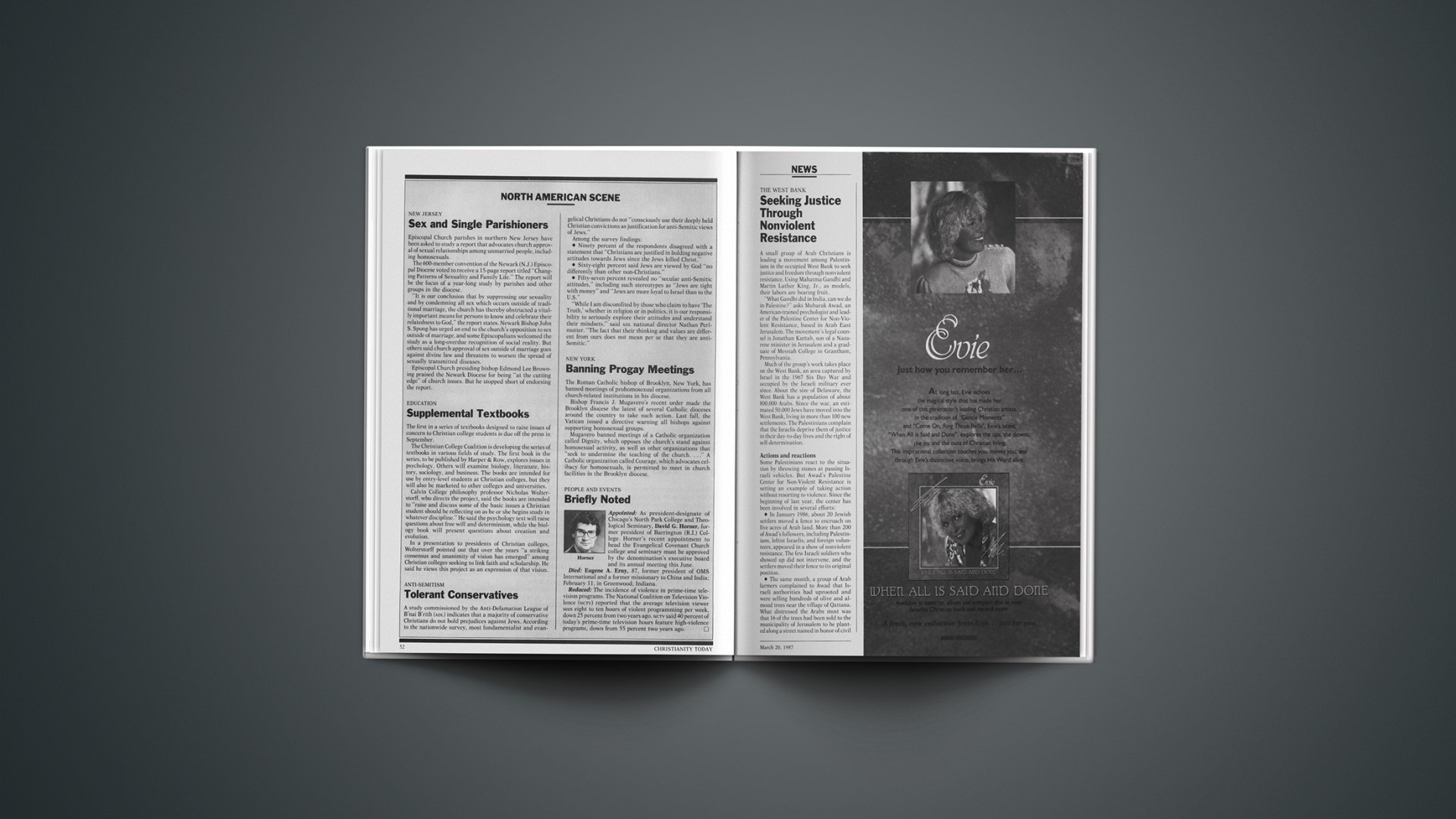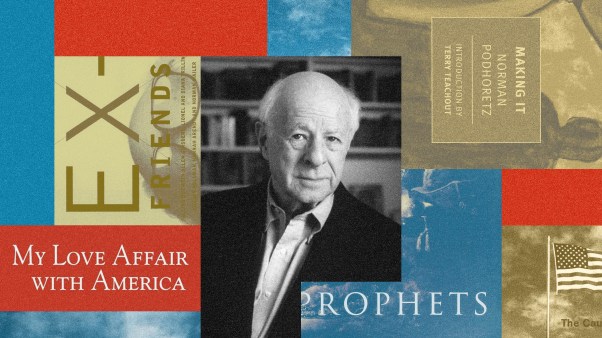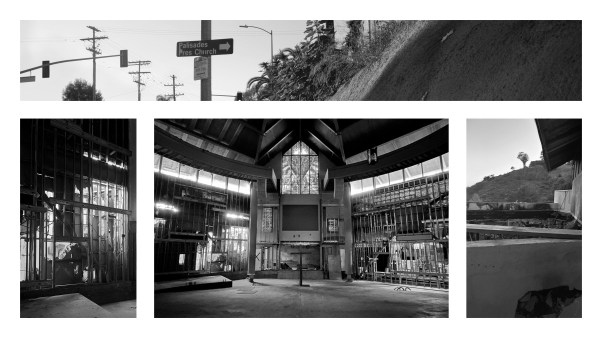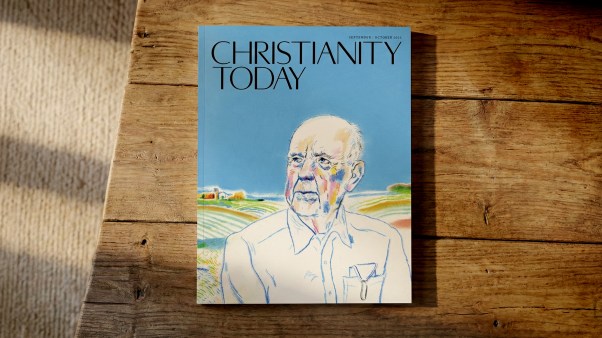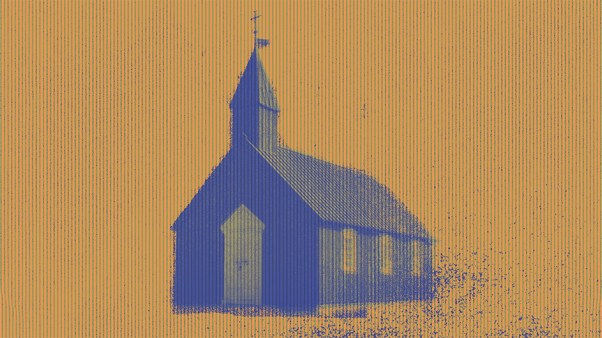A small group of Arab Christians is leading a movement among Palestinians in the occupied West Bank to seek justice and freedom through nonviolent resistance. Using Mahatma Gandhi and Martin Luther King, Jr., as models, their labors are bearing fruit.
“What Gandhi did in India, can we do in Palestine?” asks Mubarak Awad, an American-trained psychologist and leader of the Palestine Center for Non-Violent Resistance, based in Arab East Jerusalem. The movement’s legal counsel is Jonathan Kuttab, son of a Nazarene minister in Jerusalem and a graduate of Messiah College in Grantham, Pennsylvania.
Much of the group’s work takes place on the West Bank, an area captured by Israel in the 1967 Six Day War and occupied by the Israeli military ever since. About the size of Delaware, the West Bank has a population of about 800,000 Arabs. Since the war, an estimated 50,000 Jews have moved into the West Bank, living in more than 100 new settlements. The Palestinians complain that the Israelis deprive them of justice in their day-to-day lives and the right of self-determination.
Actions and reactions
Some Palestinians react to the situation by throwing stones at passing Israeli vehicles. But Awad’s Palestine Center for Non-Violent Resistance is setting an example of taking action without resorting to violence. Since the beginning of last year, the center has been involved in several efforts:
• In January 1986, about 20 Jewish settlers moved a fence to encroach on five acres of Arab land. More than 200 of Awad’s followers, including Palestinians, leftist Israelis, and foreign volunteers, appeared in a show of nonviolent resistance. The few Israeli soldiers who showed up did not intervene, and the settlers moved their fence to its original position.
• The same month, a group of Arab farmers complained to Awad that Israeli authorities had uprooted and were selling hundreds of olive and almond trees near the village of Qattana. What distressed the Arabs most was that 16 of the trees had been sold to the municipality of Jerusalem to be planted along a street named in honor of civil rights leader Martin Luther King, Jr.
In response, Awad organized more than 100 people who planted seedlings in the area where the trees had been removed. When Israeli soldiers pulled the seedlings out of the ground, Awad says, the demonstrators merely replanted them—and offered the soldiers snacks of fruit and juice.
• Last spring, Israeli authorities erected a high fence along Arab shops near the Jewish settlement in the center of Hebron. Soldiers were posted at each end of the fence to discourage people from patronizing the Arab shops. Awad assembled about 40 people in Jerusalem who drove to Hebron, and despite the presence of the military, spent an hour shopping. The trips have continued since.
• Awad and his followers printed 1,500 posters and put reminders in local newspapers urging people to buy produce from the West Bank on the first Monday of each month. Awad says the effort is an attempt to help struggling Arab farmers who often must cope with restrictive marketing orders set by Israeli authorities. (CHRISTIANITY TODAY, after repeated attempts, was unable to obtain an official Israeli response to these events.)
Almost six months after planting olive trees around the settlement of Susi near an Arab village, Awad was arrested. Two Israeli plainclothesmen charged him with trespassing, failure to present proper identification, and incitement. After questioning, they released him on bond. Awad says he believes he was arrested because he cooperated in the production of a British television program titled “Courage Along the Divide,” which discussed the morality of the Israeli occupation of the West Bank.
Awad’s mother, a dedicated Christian, helped lay the foundation for his ideas on nonviolence after his father was killed in the Israeli-Arab war that followed Israel’s 1948 declaration of statehood. “She told us never to seek revenge,” Awad says. “We have to forgive and work so that other mothers don’t suffer.”
Awad says he was also influenced by his education at Bluffton College, a Mennonite institution in Ohio, and by spending four weeks in India studying Gandhi’s thought. A Hindu, Gandhi led India to independence from British rule in 1947.
By Wesley G. Pippert.

